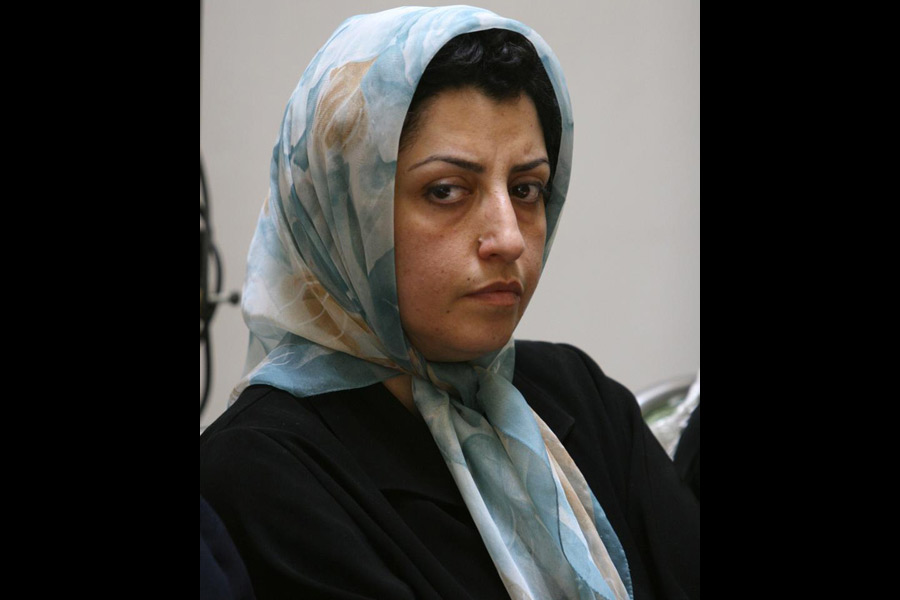New Delhi, April 23: The Supreme Court today upheld the power of state governments to draw up laws like the Maharashtra Control of Organised Crime Act (MCOCA) to deal with the “promotion of insurgency”, paving the way for the trial of the 2006 Mumbai train blasts accused after two long years.
The top court had on March 1, 2008, stayed the trial on an appeal filed by several accused in the case.
The accused had objected to the state government slapping MCOCA charges against them in addition to terror charges under the Unlawful Activities (Prevention) Act. The high court had earlier cleared this.
The accused, most of them allegedly belonging to banned outfit Simi, had claimed that the state had already charged them with “terrorism” under the central unlawful activities act and therefore could not additionally charge them with “promoting insurgency” under the MCOCA.
Acting on their plea, the top court had stayed their trial till it decided on the legality of a state government drawing up such a law, especially when the Centre had already dealt with the issue of “terrorism” under a central law. The Maharashtra government, through senior lawyer Shekhar Naphade, had defended the state’s move to invoke the MCOCA against the accused.
A two-judge bench today declared the MCOCA as legally valid. The law is also in force in Delhi.
Differentiating between the MCOCA and the unlawful activities act, the top court said the MCOCA did not punish “insurgency per se” but only those guilty of running a criminal organisation that might be promoting it.
Although promoting insurgency is one of the facets of terrorism as defined under the unlawful activities act, it is not synonymous with the offence of “promoting insurgency” under the MCOCA, the court noted.
The MCOCA focuses on crime and its pecuniary benefits, the court said. On the other hand, the unlawful activities act focuses on terror and other activities, both at home and abroad, that threaten the unity and integrity of the country, it said.
There is no inconsistency between the two laws, the court said, adding that state governments can enact such laws.
Nearly 200 people had died and another 700 were injured in near-simultaneous blasts in seven trains in Mumbai on July 11, 2006.
The 13 accused in the case are yet to be tried.
The police’s powers of interception under the MCOCA had earlier been challenged in the Supreme Court. The high court had held it illegal but the top court had upheld it. Today, the apex court upheld the legality of the entire law.










